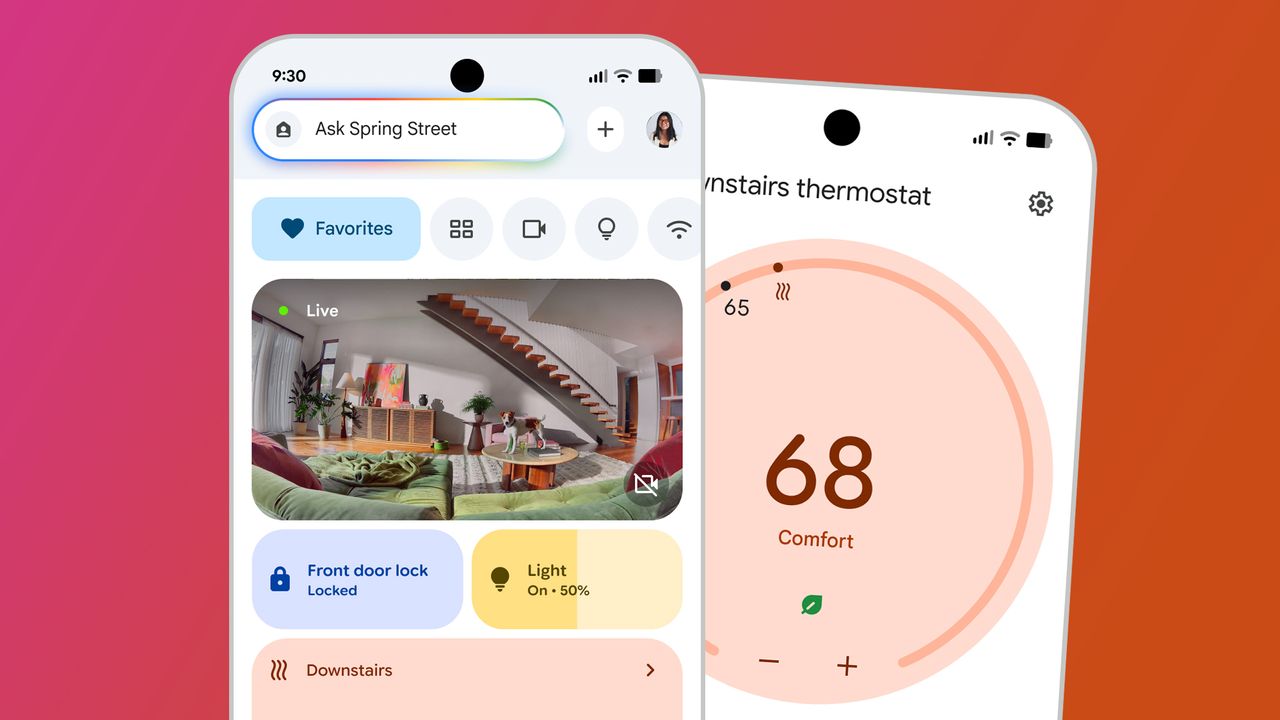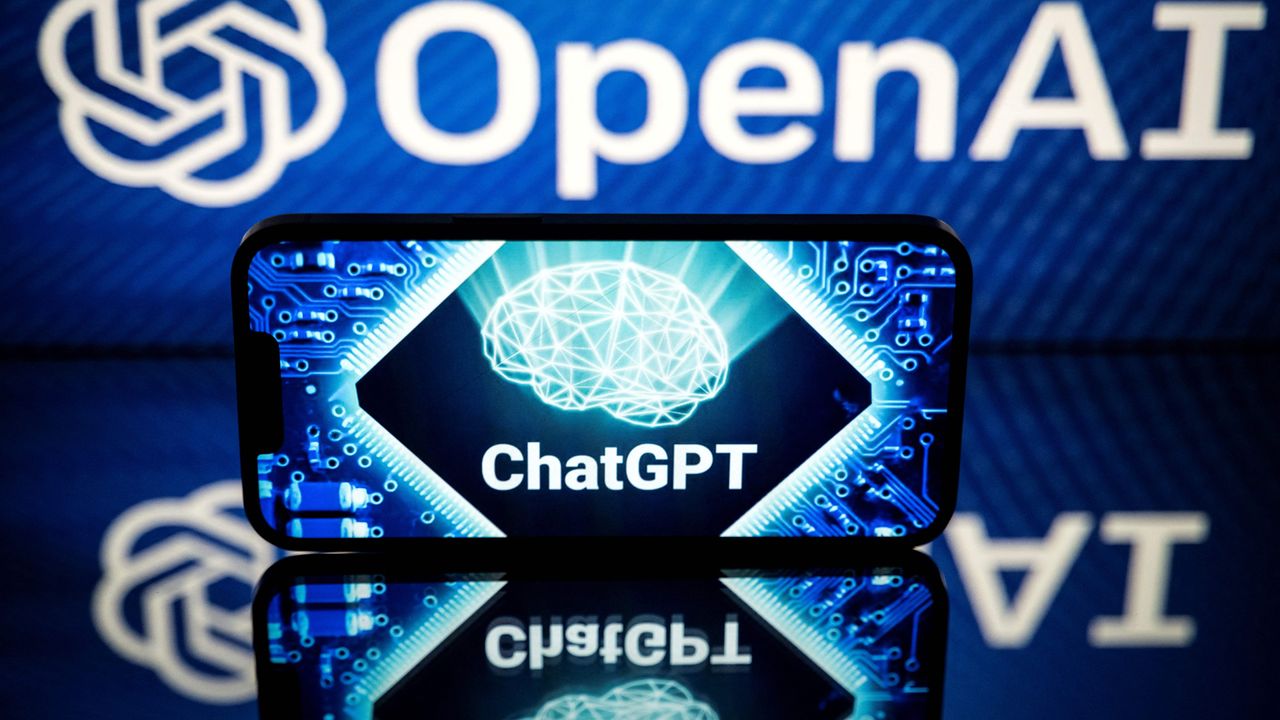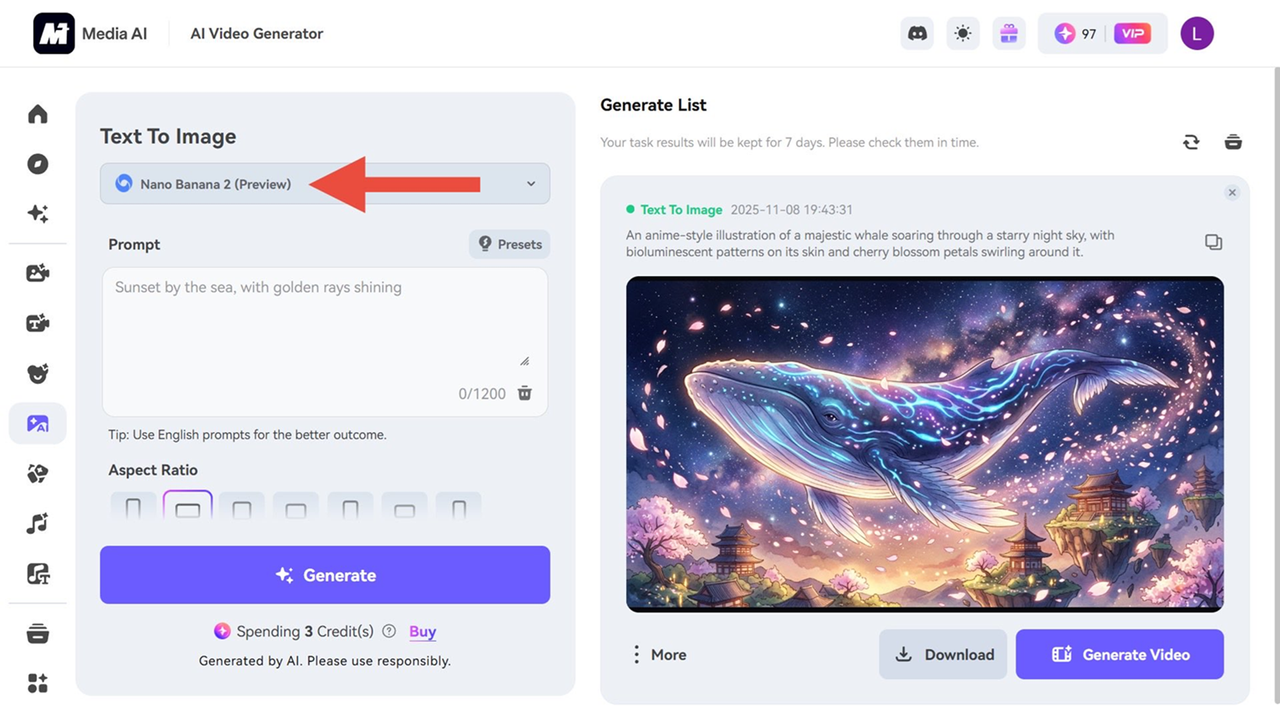
Google Rolls Out Gemini for Home, Starting in the US
Google has detailed the rollout of Gemini for Home, its next‑generation AI that will replace Google Assistant on smart speakers, displays, and other home devices. The update will first reach users in the United States, with additional markets slated for the first quarter of 2026. Rollout is tied to individual home addresses rather than user accounts, meaning each residence is upgraded separately. Early users report the change as a major improvement, though the transition has not been seamless for everyone. Google encourages feedback through voice commands and notes that the upgrade will support devices up to a decade old, with basic AI features free and advanced capabilities available via a paid subscription.










